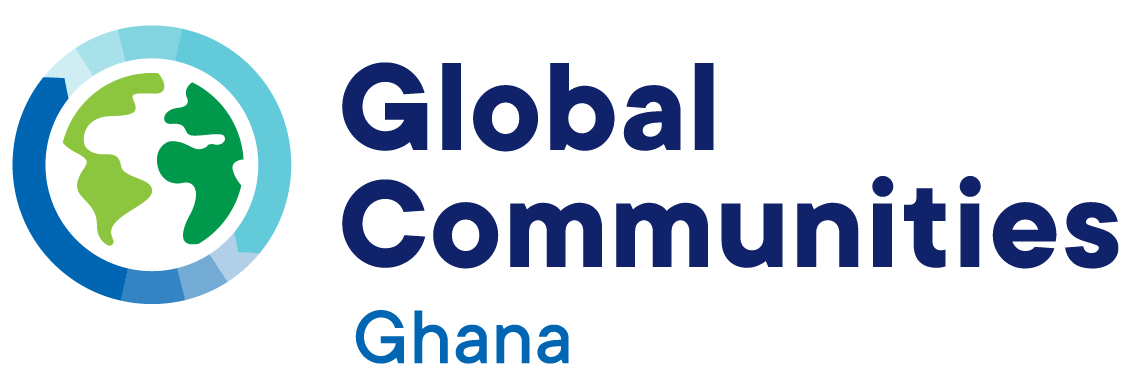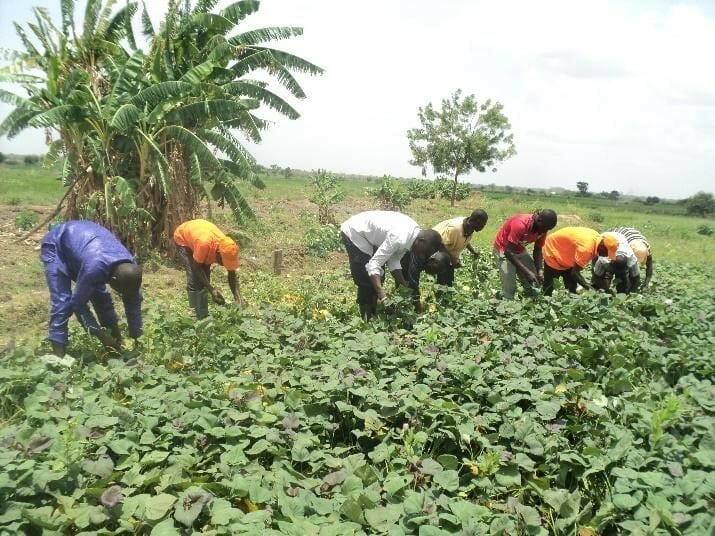WASH for Health
WASH for Health project was initiated in 2015, funded by USAID. The project accelerated sustainable improvement in water and sanitation access and improve hygiene behaviors in nine regions: Northern, North-East, Savannah, Volta, Oti, Western, Western-North, Central and Greater Accra.
At the end of the project, over 192,000 persons are use improved household latrines through the construction of 24,034 household latrines across all project regions. Our pro-poor initiative provides underprivileged households with free Digni-Loo (an affordable, durable, safe, hygienic and easy-to –install latrine is made with a slab, a drum, a PVC ventilation pipe, aside the pit.) installations. Through these interventions 900 rural communities have been declared Open Defecation Free (ODF) throughout the country, within the period. The sanitation interventions have also facilitated in the adoption of desirable hygiene practices such as proper waste management and hand washing with soap under running water under the BCC component.
The project also reached out and sensitized over 4,000 adolescent girls, nearly 2,000 adolescent boys and their parents and teachers across 75 basic schools on Menstrual Hygiene Management (MHM).
Since the devastating cholera outbreak of 2015, WASH for Health was instrumental in preventing the disease from spreading further by deploying teams to districts hit by the epidemic to educate people on cholera prevention as well as distribute water purification tablets.
The project supported the drilling and use of over 300 boreholes for communities across Ghana, with approximately 90,000 people gaining access to safe water. Four small town water systems have been handed over to deprived communities, namely: Ntankorful, Tuna, Kalba, and Tinjase. Two other systems have been completed in Mandari and Boakye in Bole district, Savannah Region and Nkwanta South district, Oti Region, respectively.
Through partnerships with the Ministry of Sanitation and Water Resources; and other sector agencies, the poor and vulnerable are deliberately included in the WASH interventions through the development of a pro-poor policy document, “The Guidelines for targeting the poor and vulnerable for sanitation service delivery.” Officials, of these agencies, especially those in rural areas, have been trained to sustain the impact of the project after it ends.
Complementing the funding from USAID, partnerships with other private sector institutions, has yielded the construction of over 300 institutional sanitation facilities and over 60 boreholes for health care facilities. This intervention has greatly improved sanitary conditions in the schools, and reduces student travel time to and from public latrines and is believed to reduce truancy. To cater to the needs of adolescent females, separate changing rooms are also provided. Improved water access and electricity power to health facilities has increased the practice of hygiene practices and medical procedures in health care facilities, especially in maternity wards
SCALE-UP (2001-2020)
The Bill & Melinda Gates Foundation supported SCALE-UP program worked to make highly populated urban communities more liveable, increase incomes, improve housing, create jobs, facilitate cleaner living environments and promote improved community advocacy.
YES
With continued support from the Bill & Melinda Gates Foundation, the YES project created economic opportunities for youth within the solid waste management value chain in the Accra Metropolis.
IncluCity and Our City Our Say
The IncluCity project, funded by the Bill & Melinda Gates Foundation, worked to improve services for over 200,000 urban poor residents in Accra and Sekondi-Takoradi and build the capacity of local governments to improve accountability and increase revenue to support services to the urban poor. Our City Our Say was a complementary project that focused on promoting female participation in governance.
WASH-UP
Water, Sanitation and Hygiene for the Urban Poor was a seven-year project funded by USAID, which increased equitable access to improved water supply and basic sanitation facilities for poor, urban communities in Ghana by improving infrastructure and governance and promoting hygiene behavior change.

